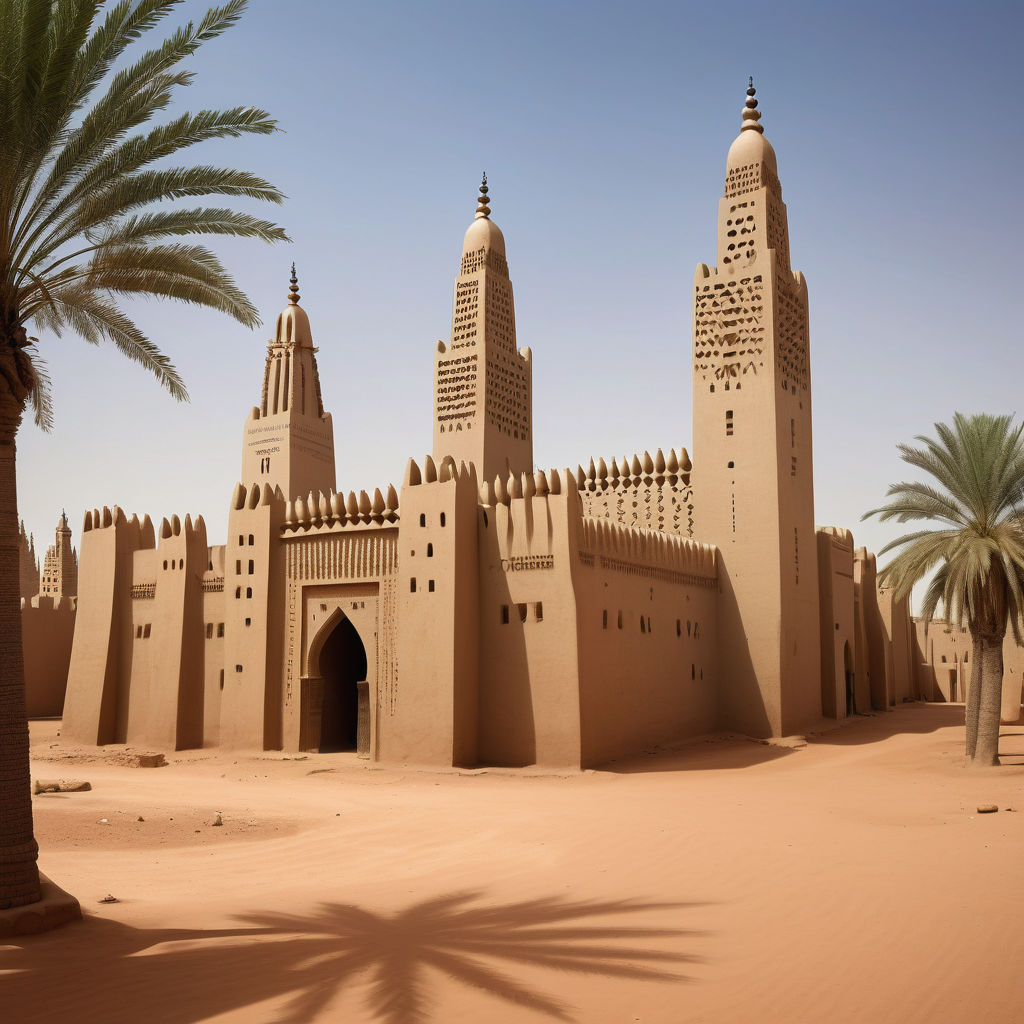Discover Mali: Rich Cultural Heritage and Historical Significance
Exploring Mali's Vibrant Culture, Historical Cities, and Global Connections

Introduction to Mali
Mali, a landlocked country in West Africa, is renowned for its rich cultural heritage and historical significance. Geographically, Mali is bordered by Algeria to the north, Niger to the east, Burkina Faso and Côte d'Ivoire to the south, Guinea to the southwest, and Senegal and Mauritania to the west. The capital city, Bamako, is the largest city and the economic and cultural hub of the country. Other major cities include Timbuktu, known for its ancient manuscripts and historical significance as a center of learning, and Gao, a city with deep historical roots as a former capital of the Songhai Empire. Mali's cultural heritage is a vibrant tapestry of music, dance, art, and oral traditions. The country is famed for its music, particularly the genres of griot music, blues, and the kora. Festivals such as the Festival au Désert celebrate the country's musical and cultural diversity, drawing visitors from around the world.
Cross-national and Cross-cultural Understanding
Malians are generally open and hospitable, with a deep respect for cultural diversity and international engagement. This openness is reflected in the various cultural exchanges, educational programs, and international partnerships that Mali has fostered over the years. Cultural exchanges play a significant role in Mali's cross-cultural understanding. Events like the Festival sur le Niger in Ségou and the Bamako Biennale showcase Malian art, music, and culture, attracting international artists and audiences. These events promote a spirit of global cultural appreciation and understanding. Educational programs further enhance cross-cultural understanding. Malian universities and institutions, such as the University of Bamako, have established partnerships with numerous international institutions, facilitating student and faculty exchanges. These collaborations allow Malian students and scholars to engage with different cultures, broadening their perspectives and fostering global awareness.
Interactions and Social Dynamics
Interactions between Malians and foreigners are characterized by warmth and respect. Social behaviors in Mali reflect a blend of traditional values and contemporary influences, with a strong emphasis on hospitality and community. Malian communication styles are generally informal and friendly, with a strong emphasis on face-to-face interactions. The official language is French, which facilitates communication with many foreigners. However, Bambara is widely spoken and serves as a lingua franca for many ethnic groups in the country. Other indigenous languages such as Songhai, Fulfulde, and Tamasheq are also prevalent, reflecting the country's linguistic diversity. Cultural norms in Mali emphasize respect for elders, strong family ties, and communal living. These values create a welcoming atmosphere for foreigners, who often find it easy to integrate into Malian society. Public displays of affection are generally modest, reflecting traditional values, but social gatherings and celebrations are lively and inclusive, often centered around large communal meals.
Views on Dating and Relationships
Malians generally have conservative attitudes towards dating and relationships, influenced by traditional customs and Islamic values. Dating is often viewed within the context of marriage, with family involvement playing a significant role. However, there is a recognition of the opportunities for cultural exchange and personal growth that relationships with foreigners can bring. Family involvement is significant in relationships in Mali, with elders often playing a crucial role in the approval process. Traditional customs emphasize respect, patience, and the gradual building of trust in relationships. While modern dating practices influenced by global trends are becoming more common among younger generations, traditional values still hold sway in many communities.
Marriage and Family
Marrying a foreigner in Mali involves navigating both legal and social considerations. Legally, the country has clear regulations governing marriage, including residency requirements and the need for proper documentation. Socially, cross-cultural marriages are generally accepted, though couples may face challenges related to cultural differences and integration. Familial acceptance is a key factor in cross-cultural marriages. Malian families can be protective, and gaining their approval is often essential for the relationship's success. However, the diverse cultural landscape of Mali means that many families are already familiar with and accepting of different cultural backgrounds, which can facilitate smoother integration for foreign spouses. Trends in cross-cultural marriages reflect Mali’s open and inclusive society. Many Malians who travel abroad for education or work form relationships with individuals from various cultures, bringing back diverse customs and traditions that enrich the local community.